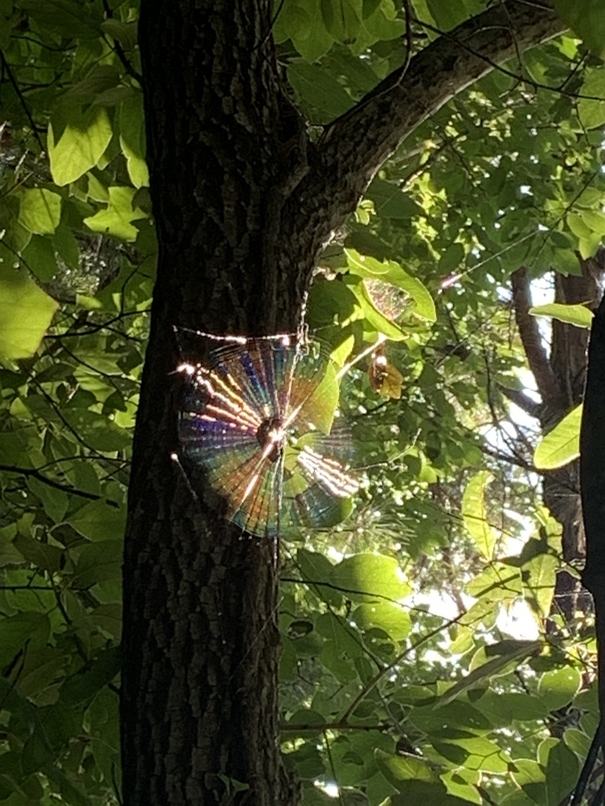Back twenty years ago or so, when I first settled in and got serious about writing novels, I came across a piece of advice for writers attempting commercial women’s fiction: make it glamorous.

Cities. Wealth. Fantastically luxurious homes and fantastically powerful people (meaning rich men and gorgeous women).
The problem is that I’m a country girl.
Which isn’t to say that I don’t like cities. I actually do (although I liked them a lot more a few years ago than I do today). Some of my most treasured memories are from visits to cities: Chicago, London, San Francisco, and of course New York. I love their culture, the pace, the people, the food.
But I’m a country girl. I grew up surrounded by woods.
My brain is steeped in rural landscapes and the people who live there.
And so I set my novels in the country. Libby on her little farm south of Rochester, New York, Haley in a classic “fish out of water” set up because she has to move to the country to take over the company her father ran, and, of course, Marion Flarey moving home to the fictional town of Tibbs (a little too small to be my hometown of Oxford, New York but a little too big to be McDonough…).
Has this meant my novels are less “commercial” than they would have been, if I’d opted for more glamour, private jets, diamonds, limousines?
Could be.
But I don’t regret my choices. Not a bit.
Because “the country” is an amazing place.
It’s also a place that is slipping out of our awareness as a society. The populations of truly rural communities has been dropping throughout my lifetime. People who do move out of cities gravitate to suburbs or to “citified” rural communities that are close to urban centers. As a result, we’re losing cultural adaptations that characterize country folk.
I’m talking about things as simple as being okay around a lot of bugs, or knowing what a septic system is, or what it’s like to wave at every single person who drives past your house because that’s what country people do.
I didn’t start out, setting my novels in the country, to celebrate rural communities. I did it because it’s what I know best. But I’m glad I didn’t follow that advice I read all those years ago.
And I’m not alone, btw: Small Town and Rural Fiction is actually a category for Amazon Kindle.
But even if it wasn’t, I’d still be glad that I write about country people.
I’m proud of my roots. I’m proud that I’m a country girl.
And I hope that my novels, in some small way, show the rest of the country that there’s a world out there where seeing a spider doesn’t mean you reach for your can of bug spray.
It means you sit and watch the sun set.
And suddenly the spiderweb becomes a rainbow…
